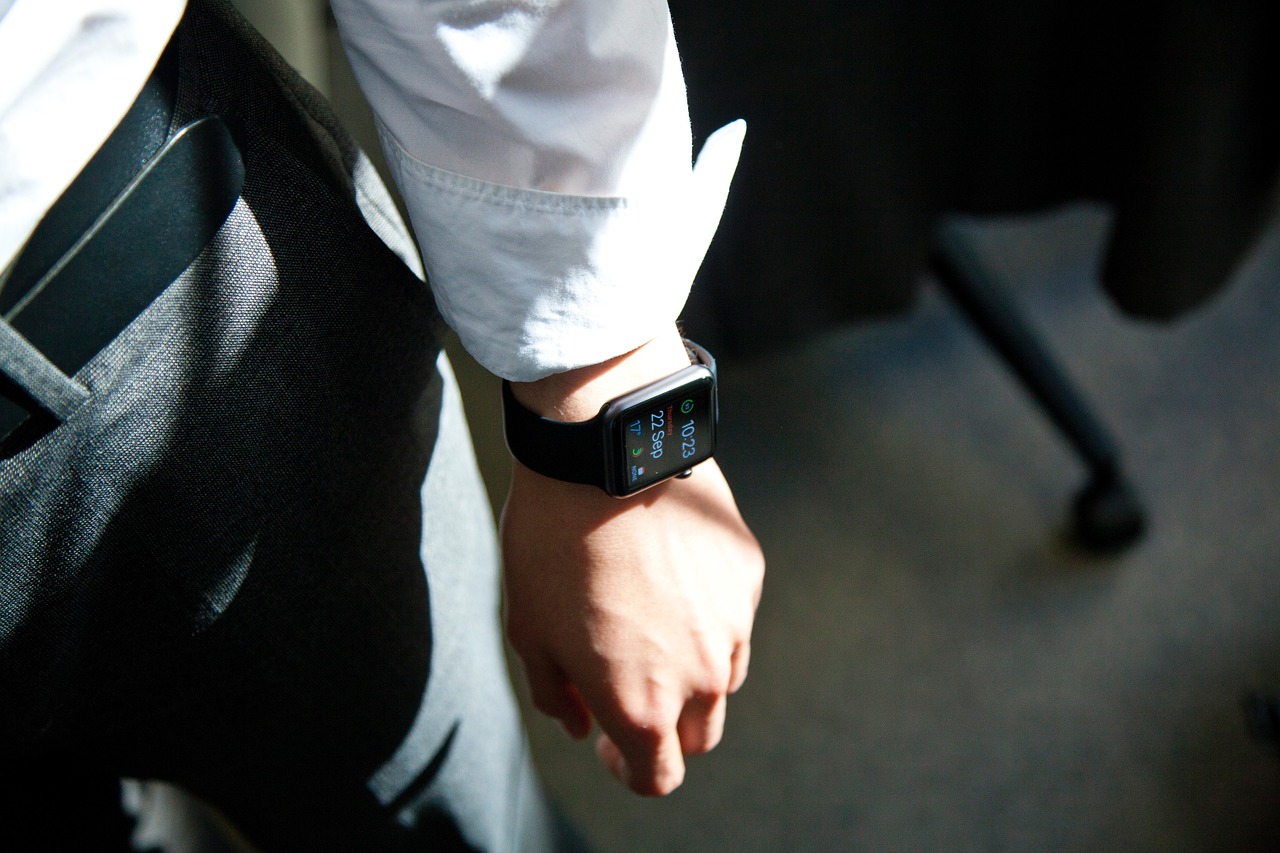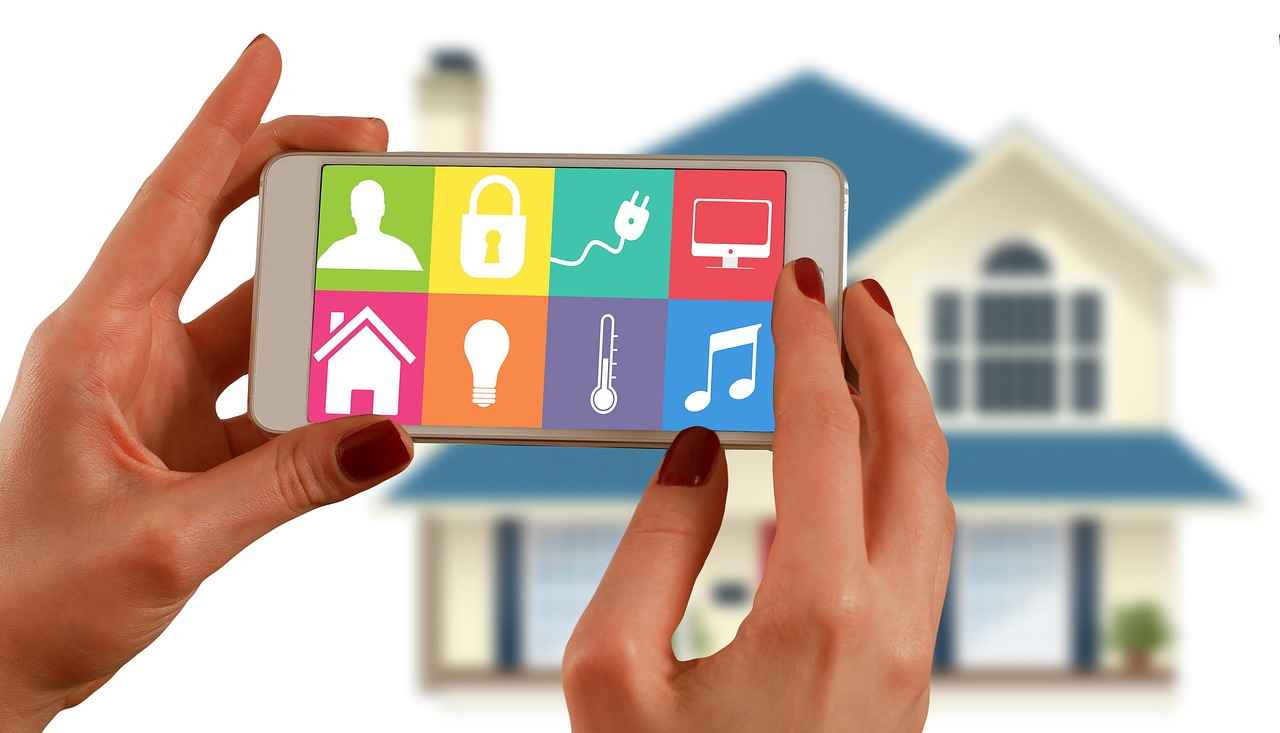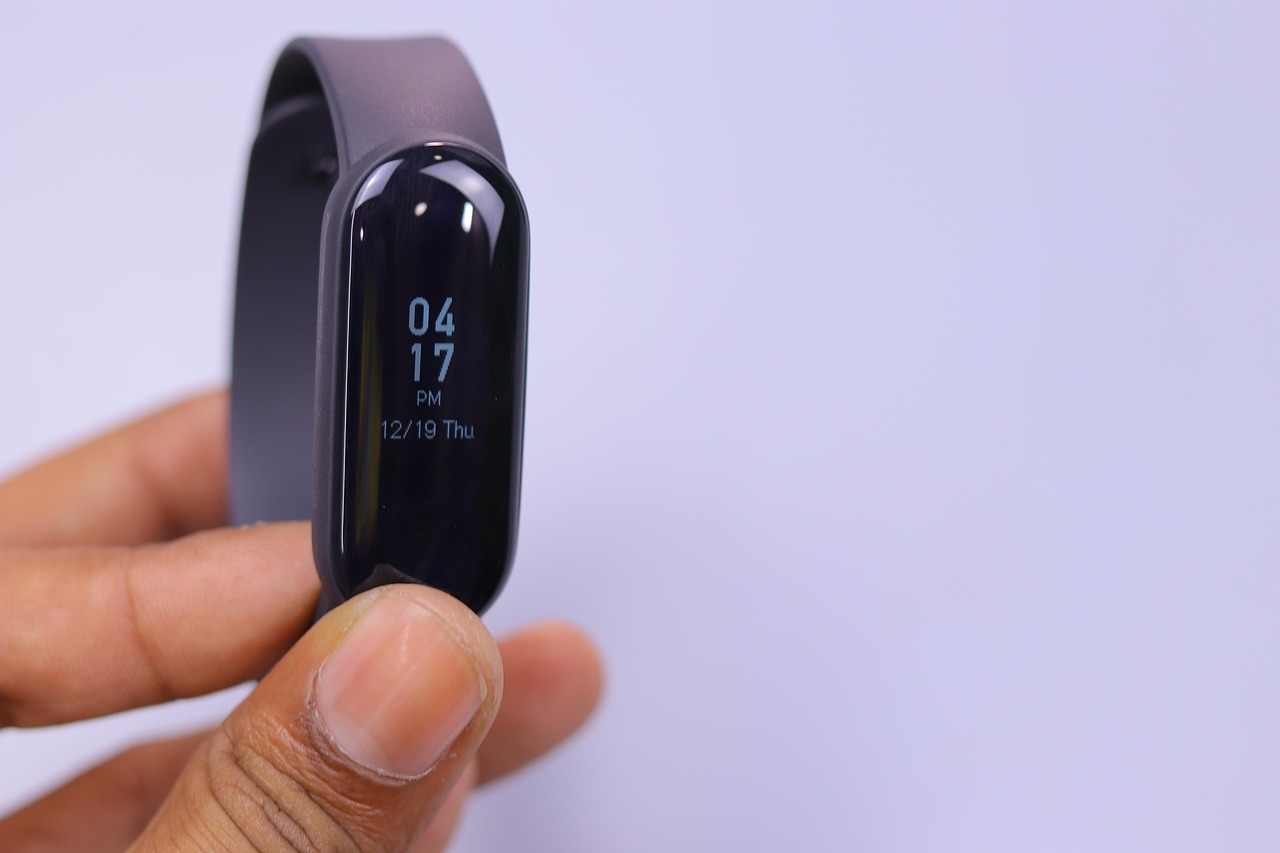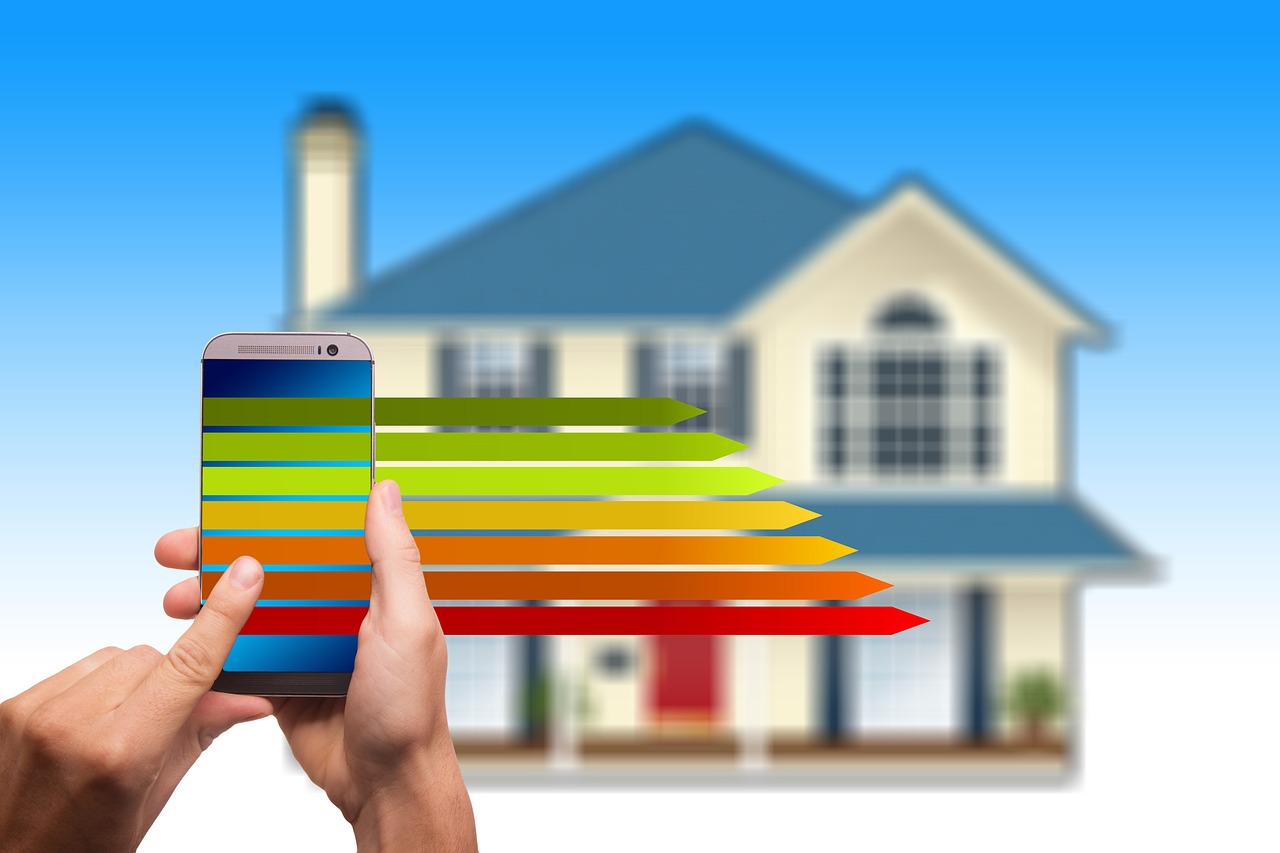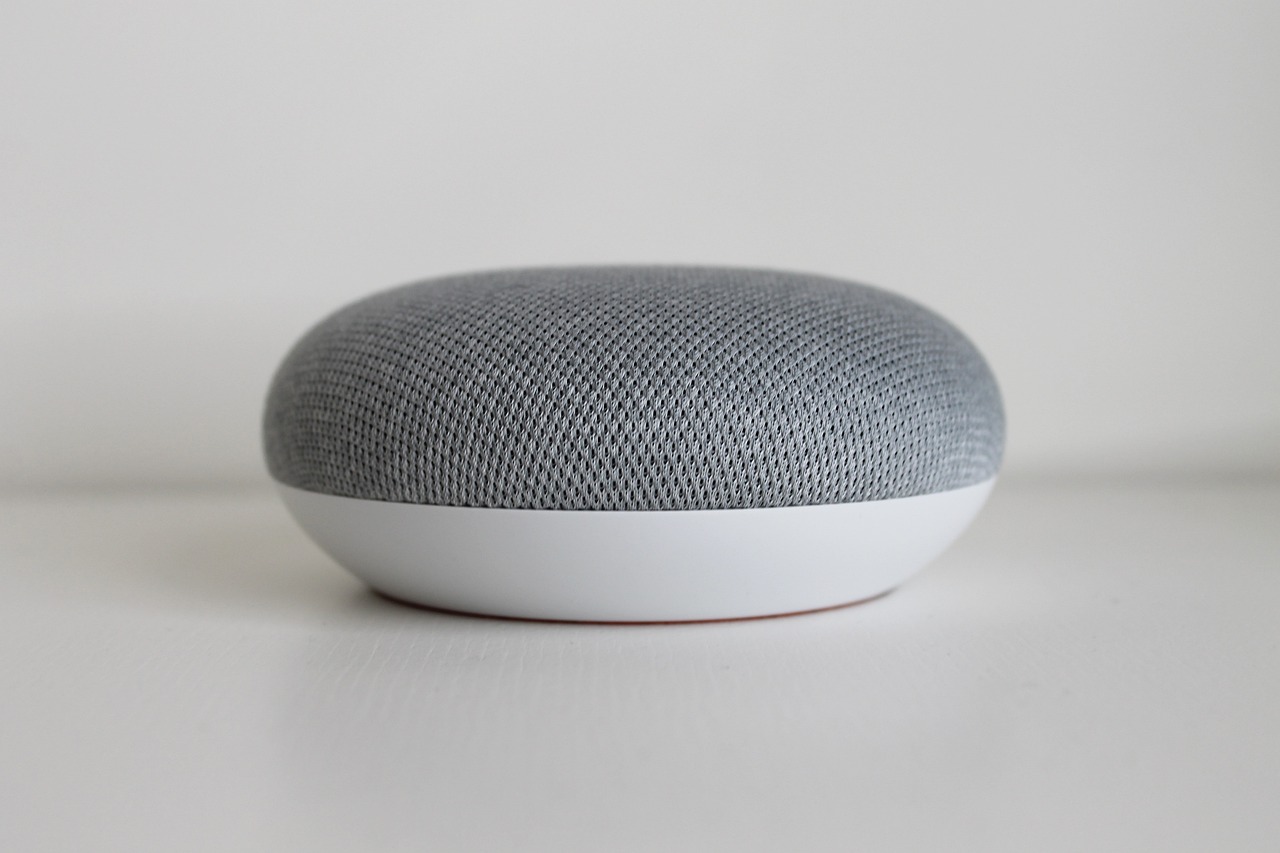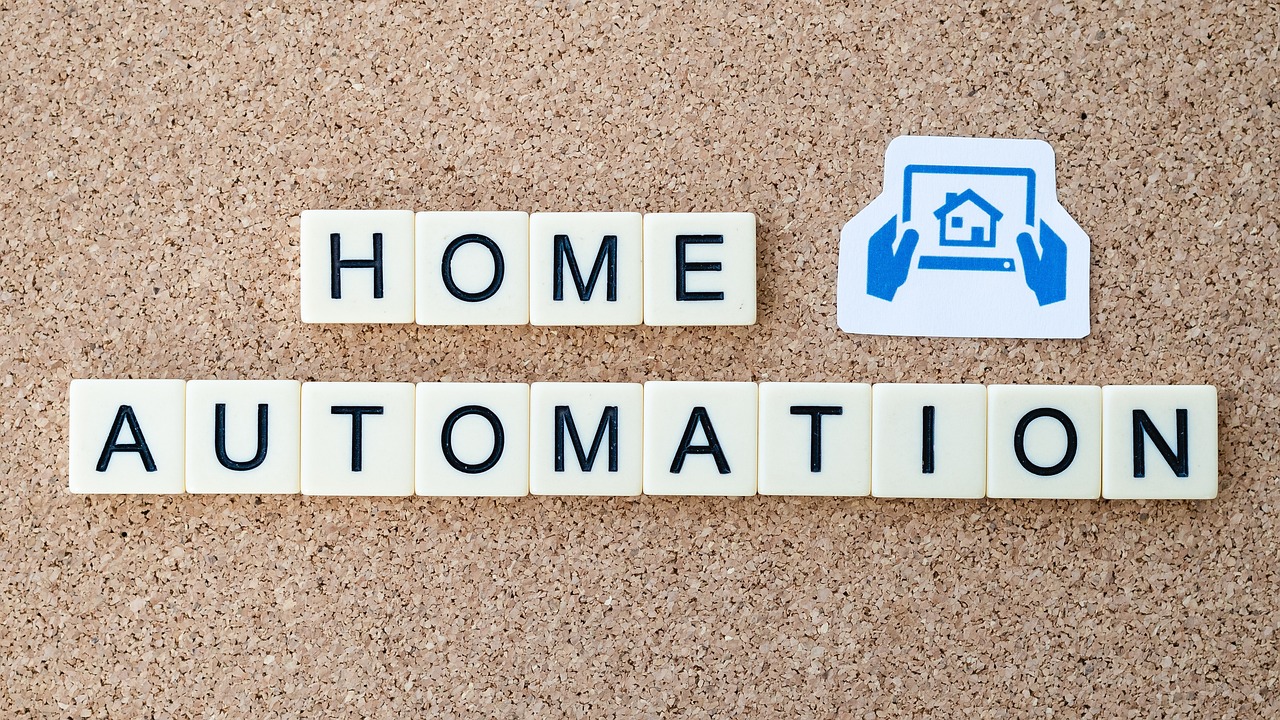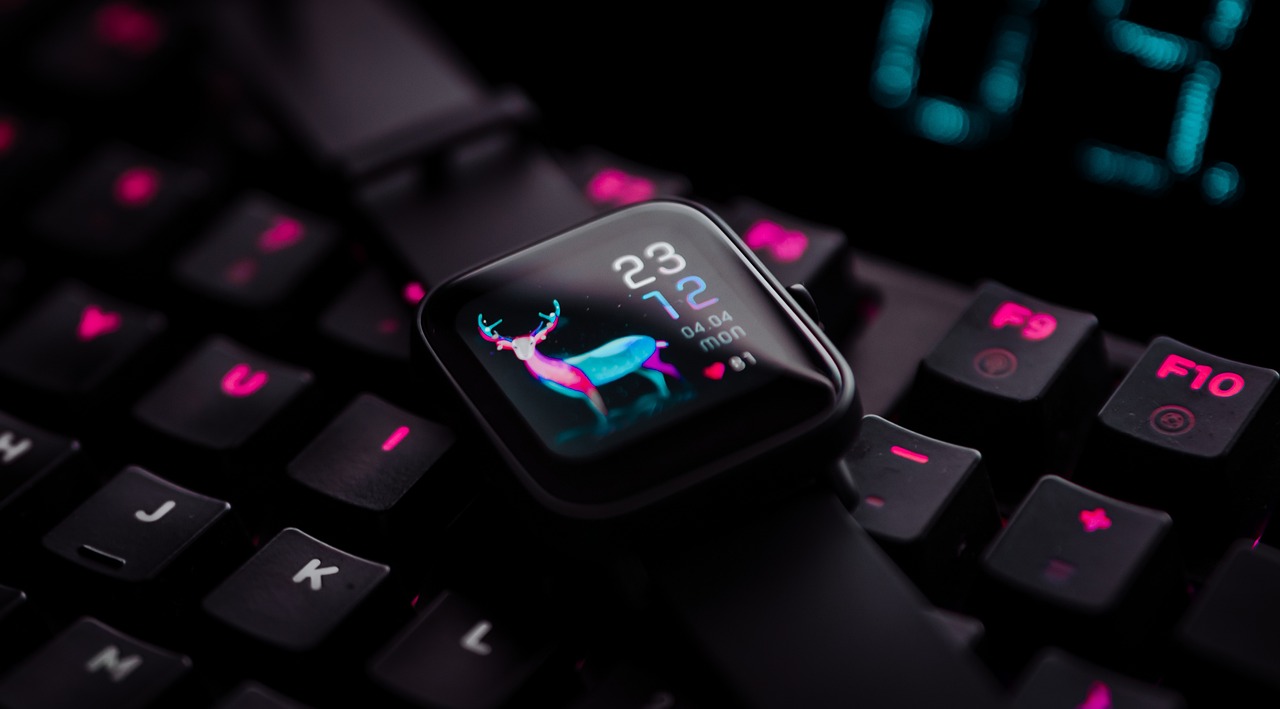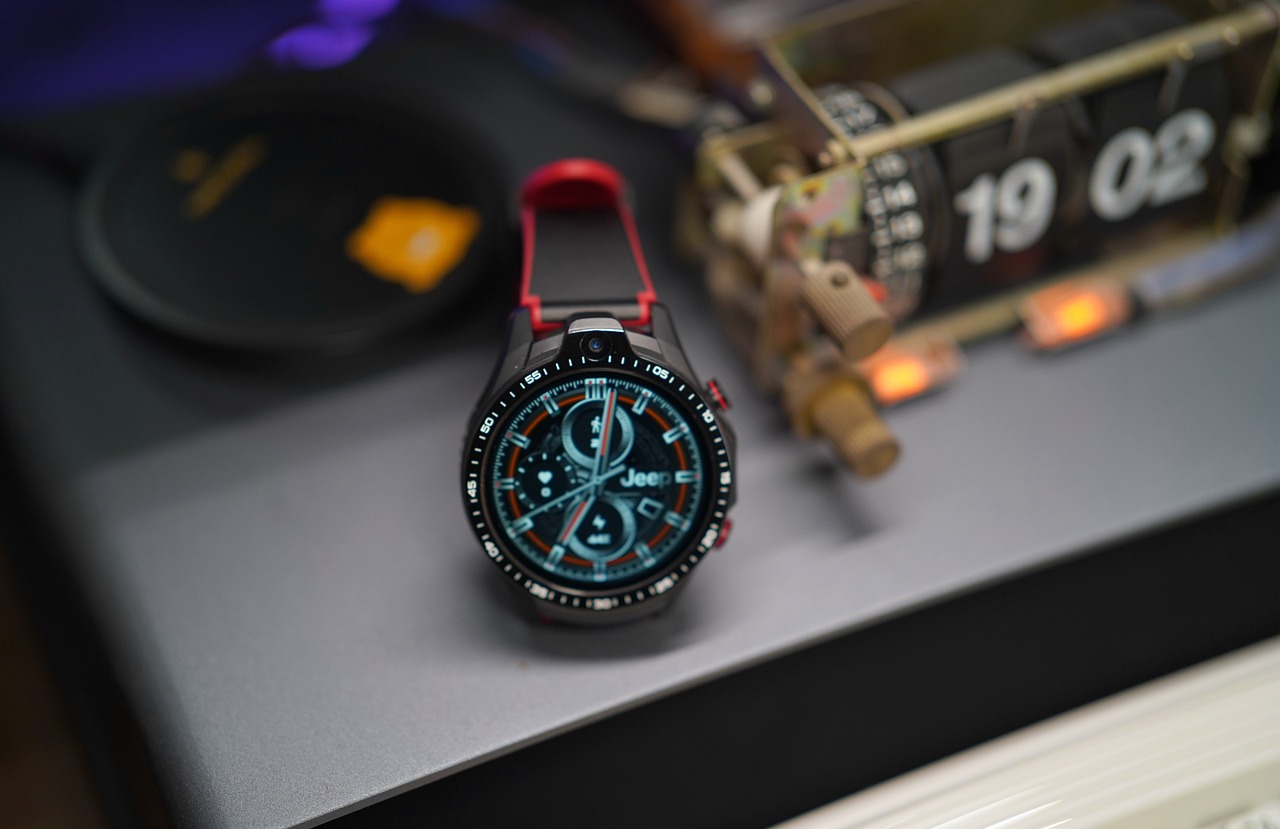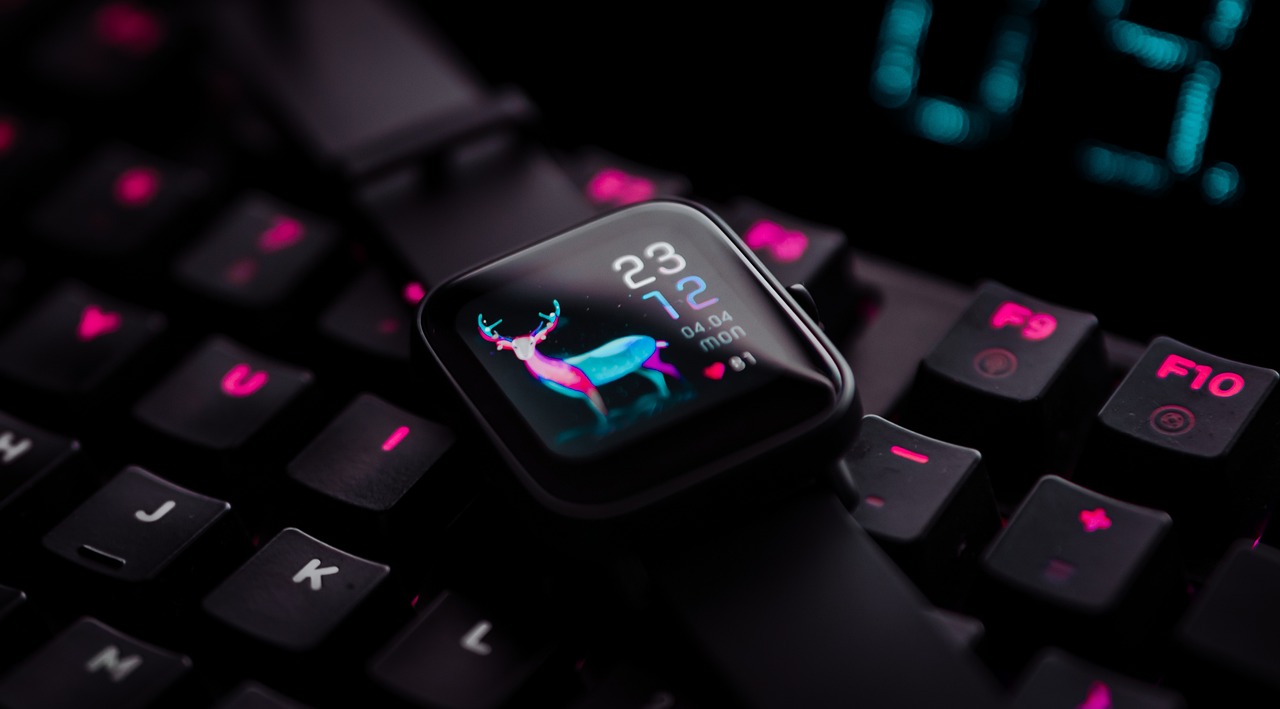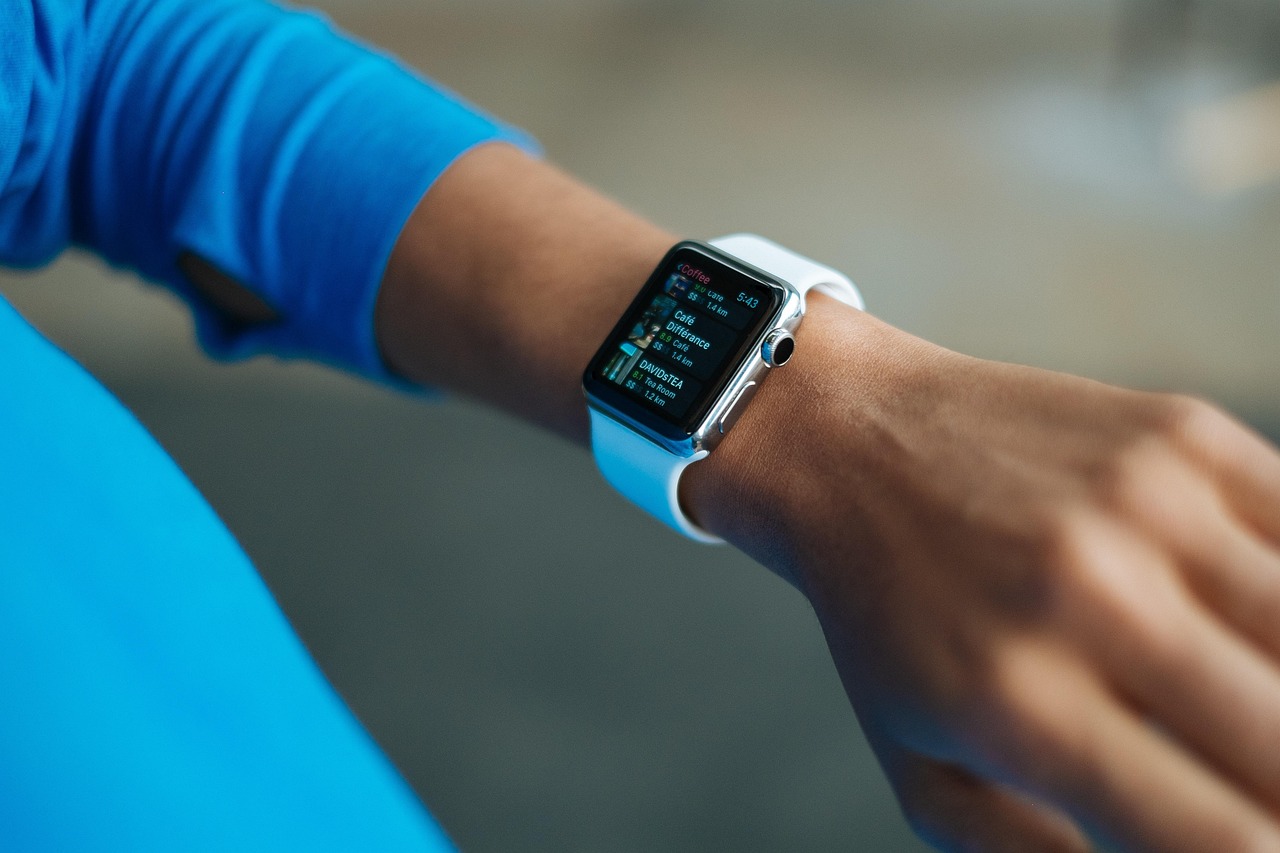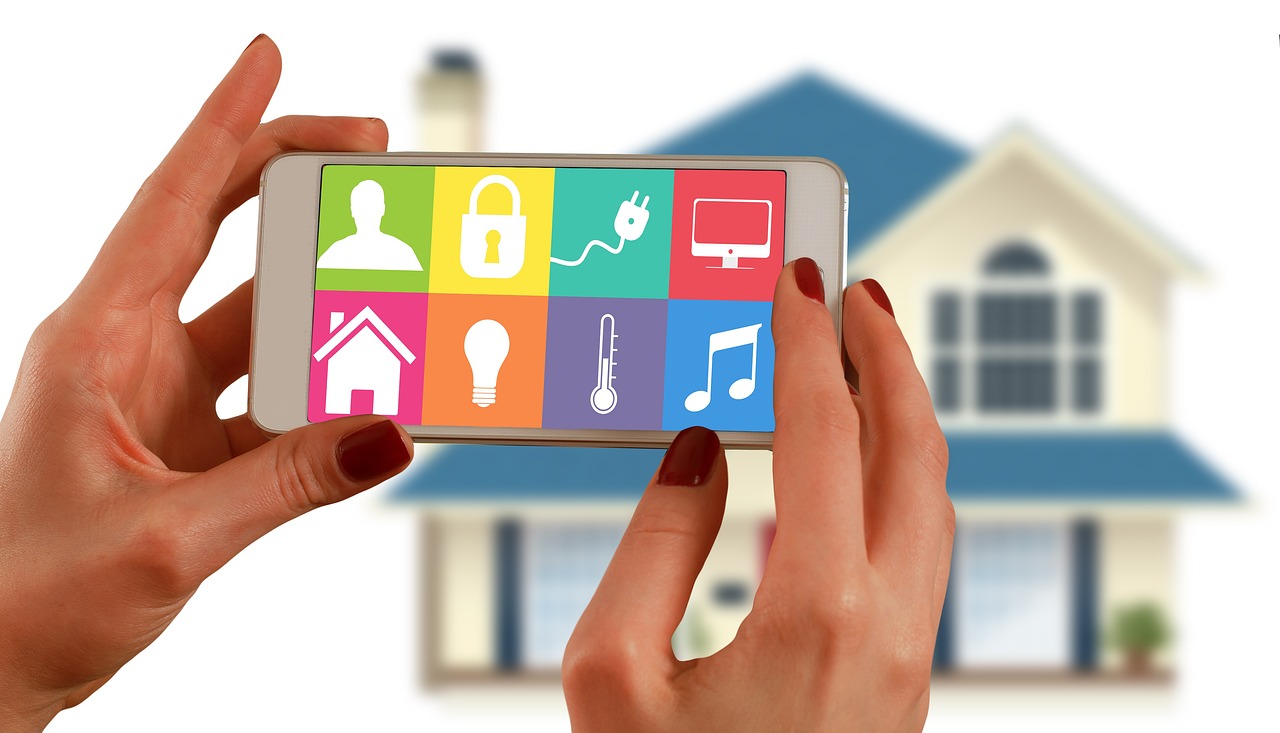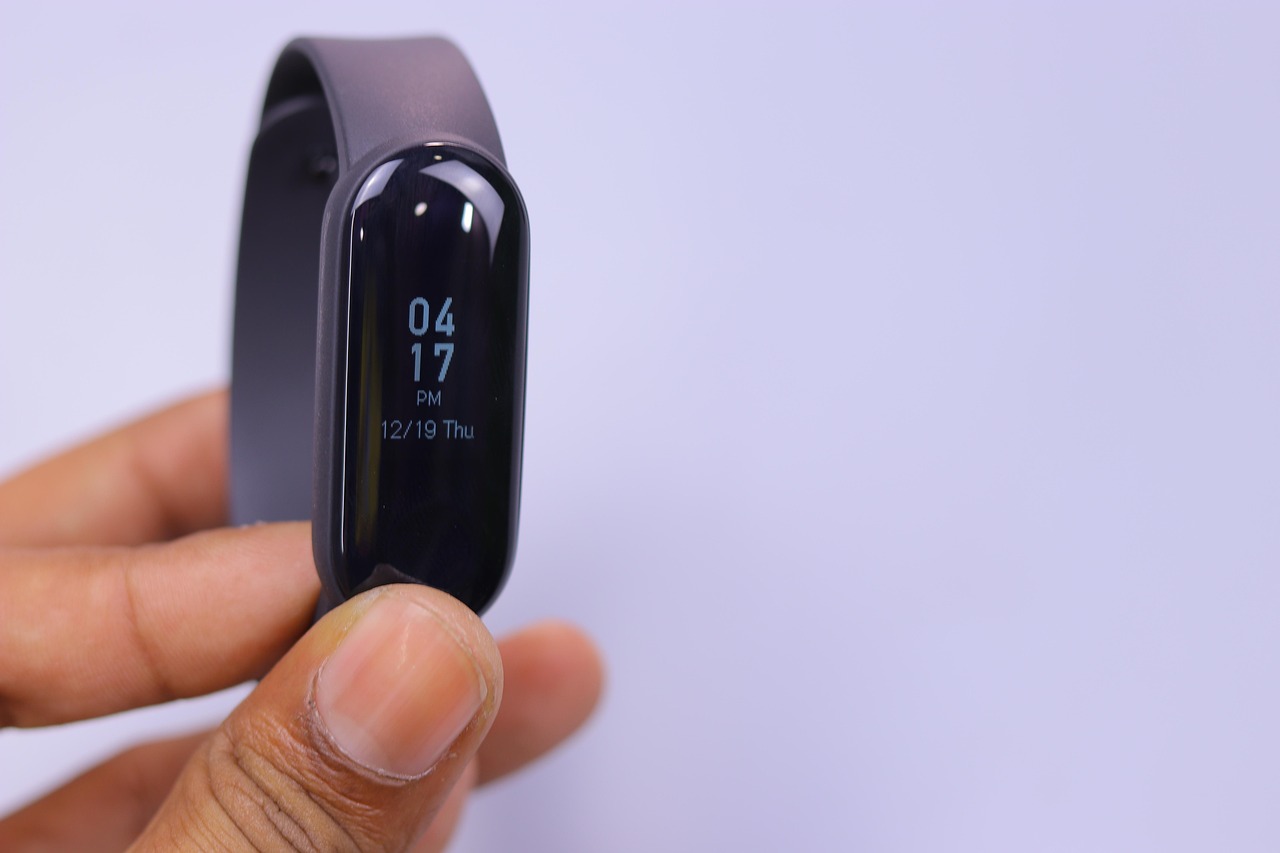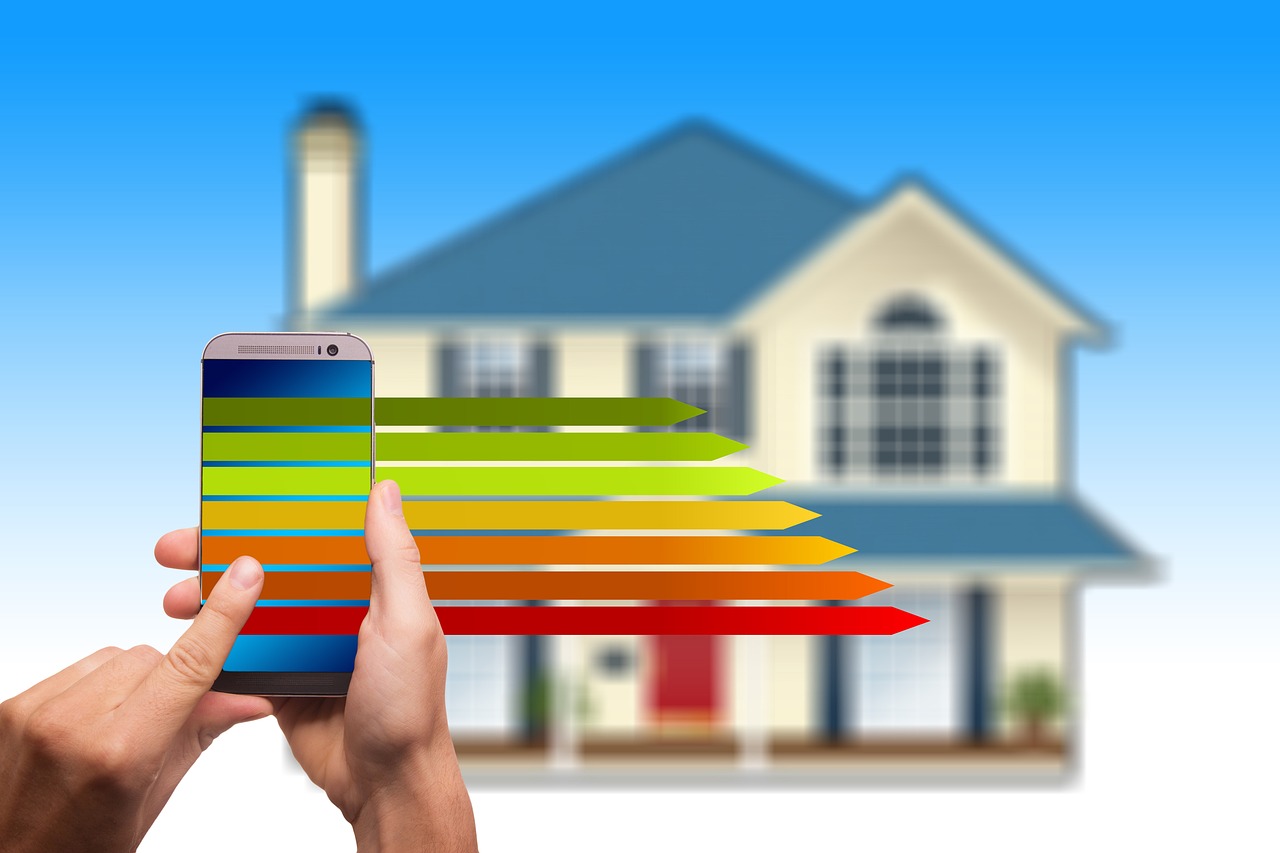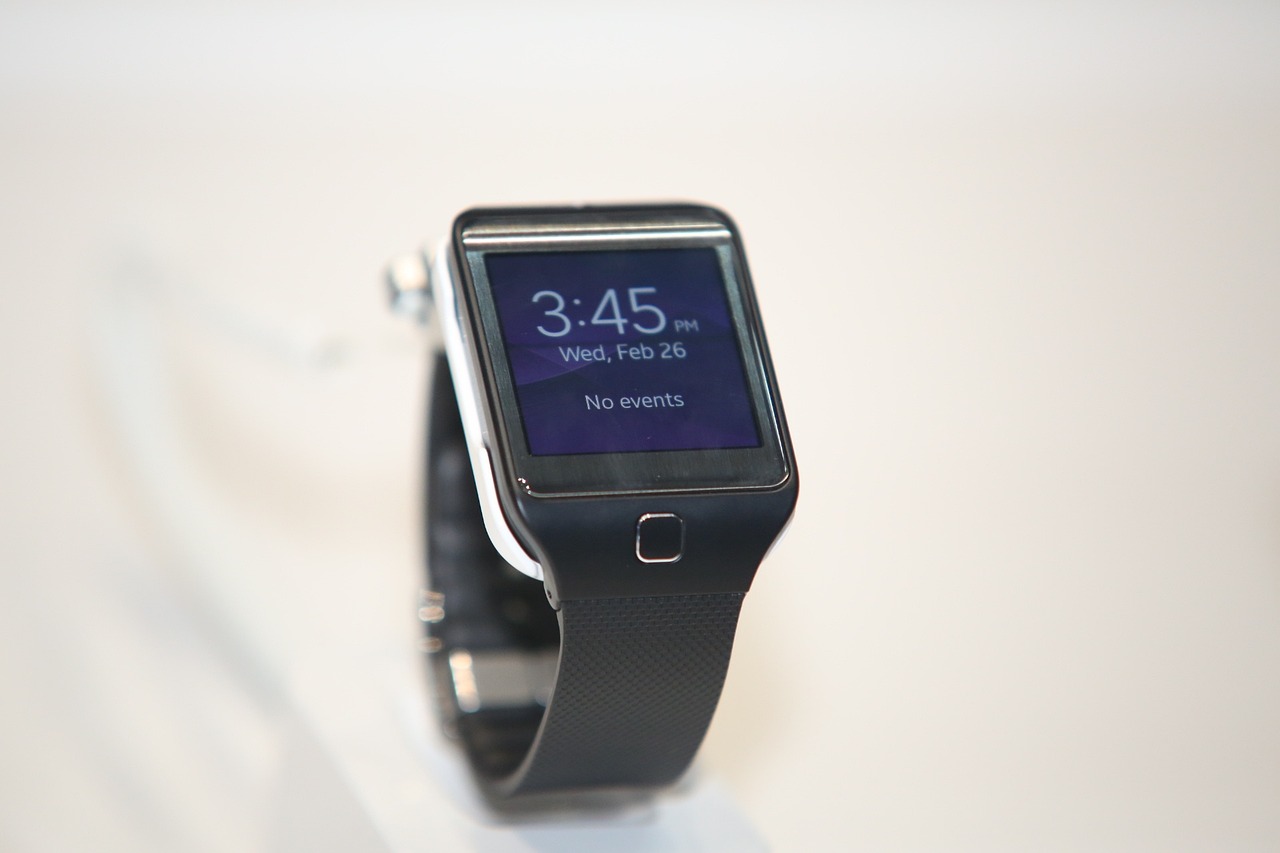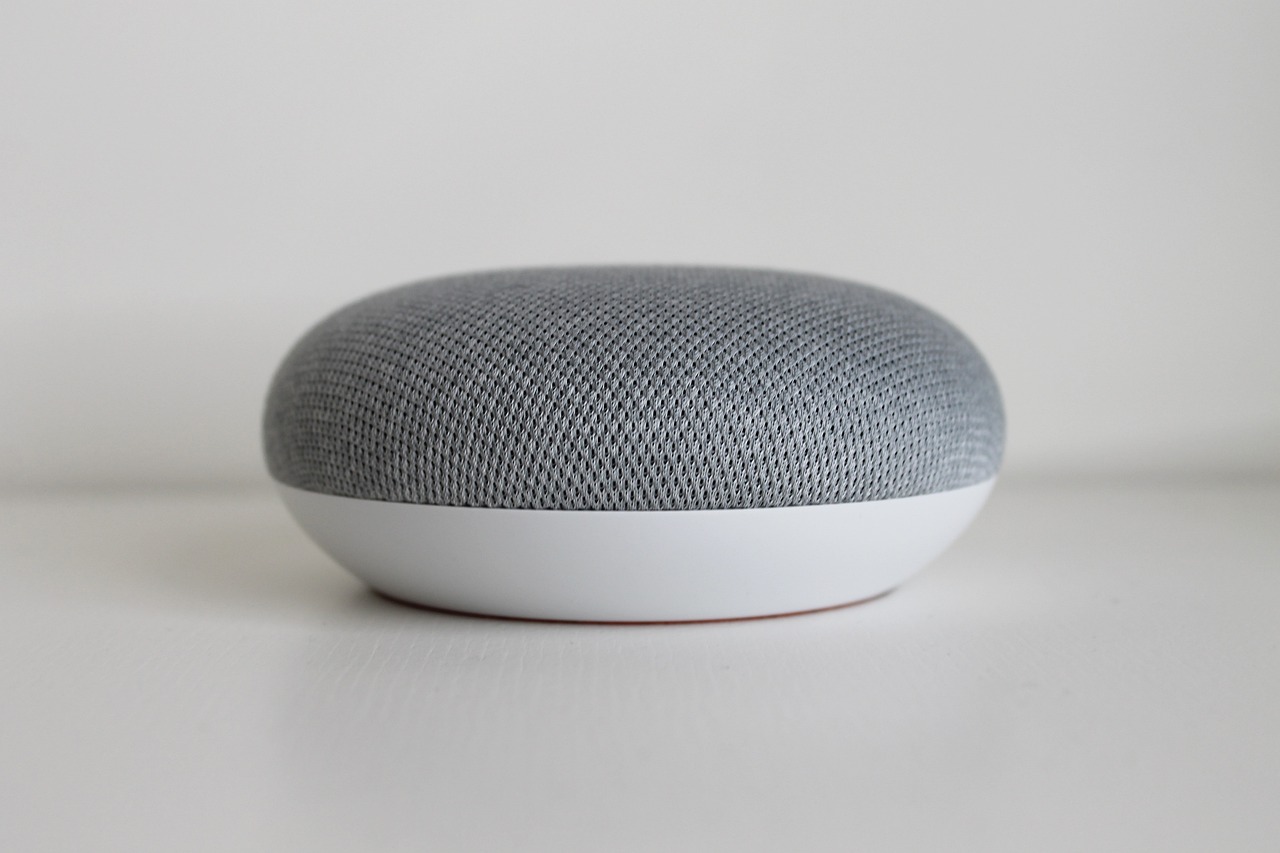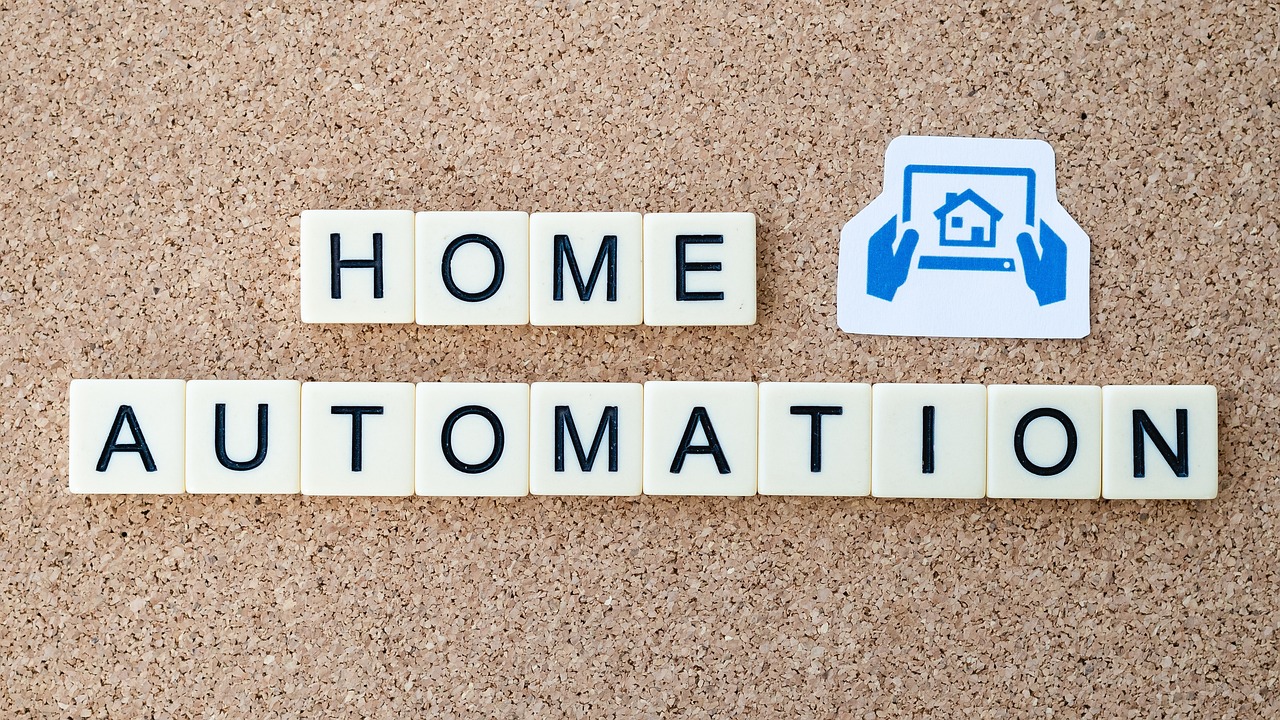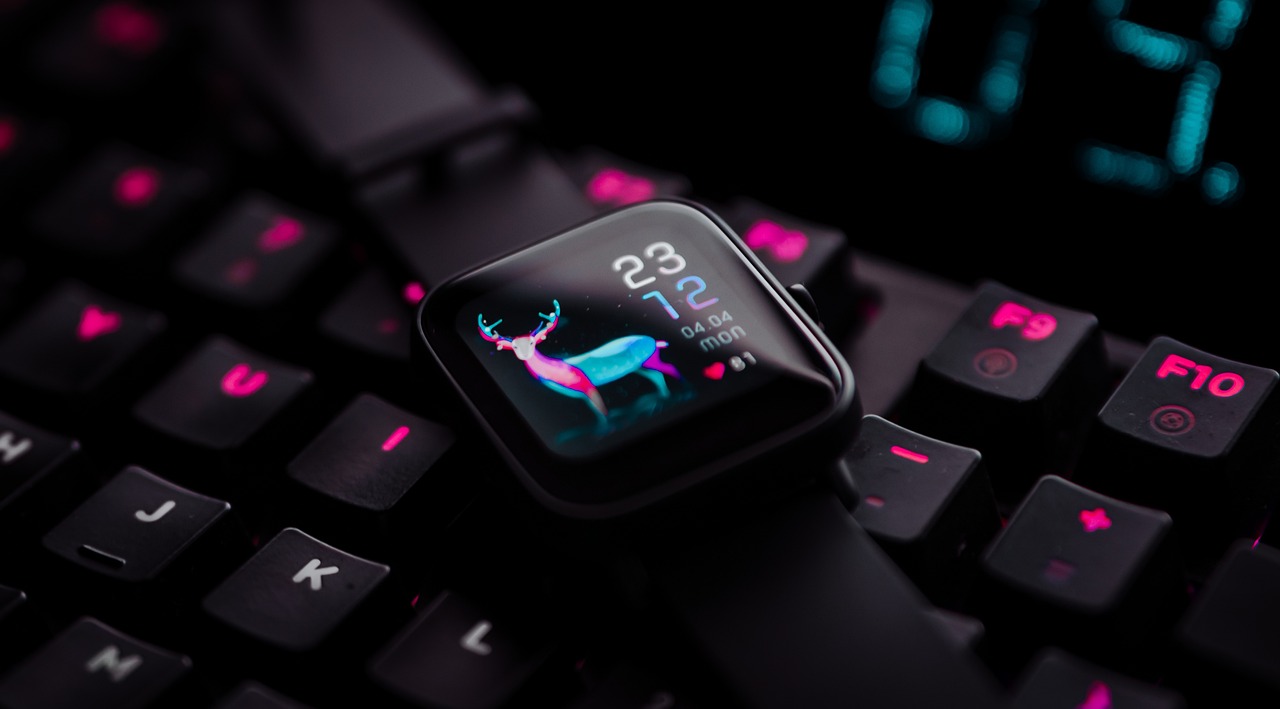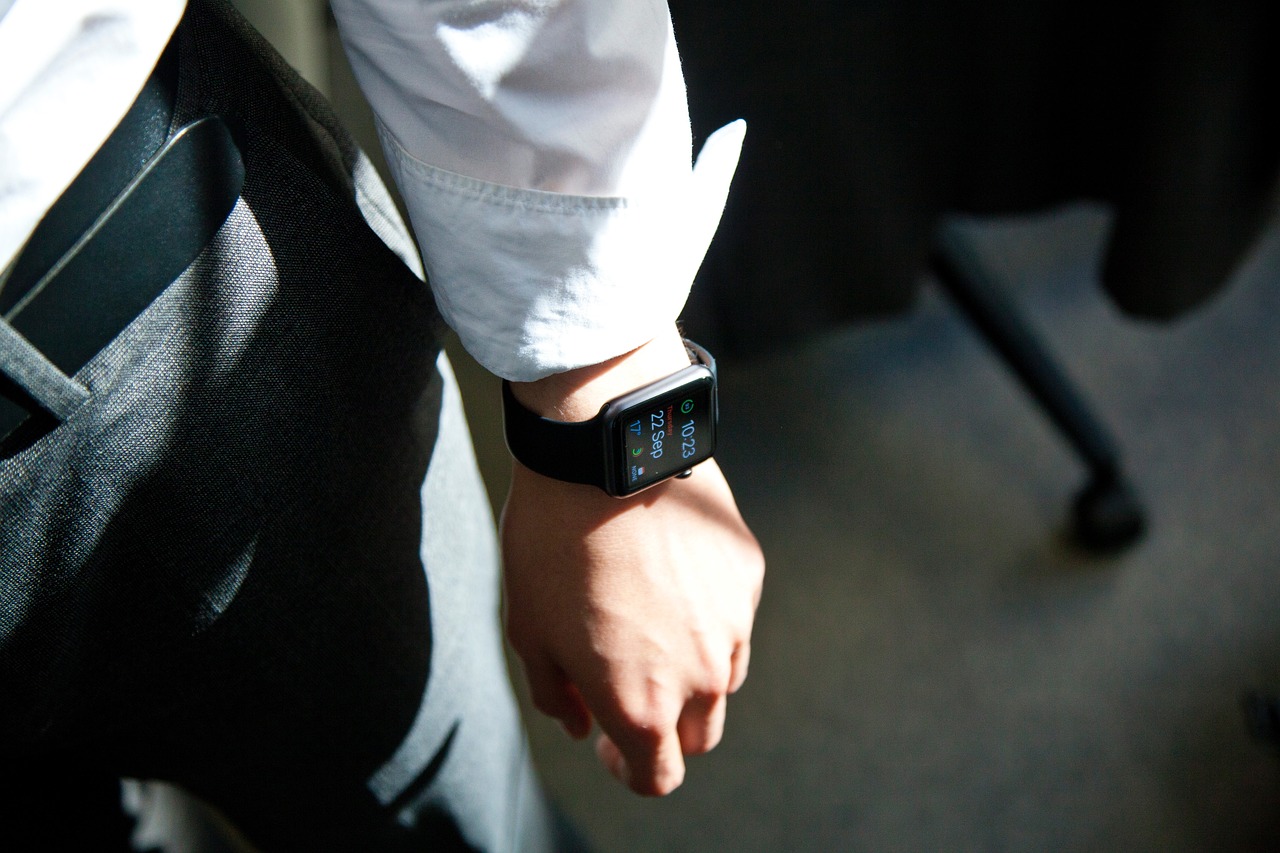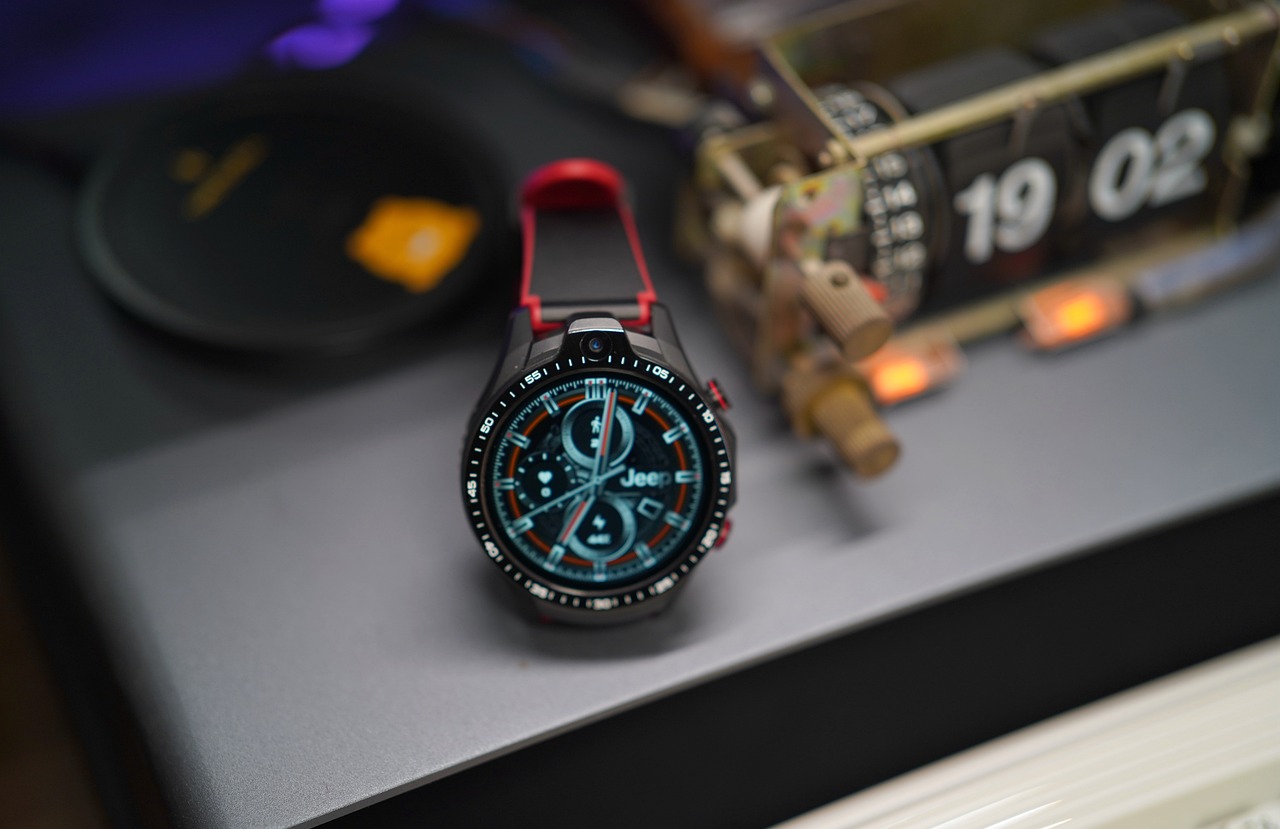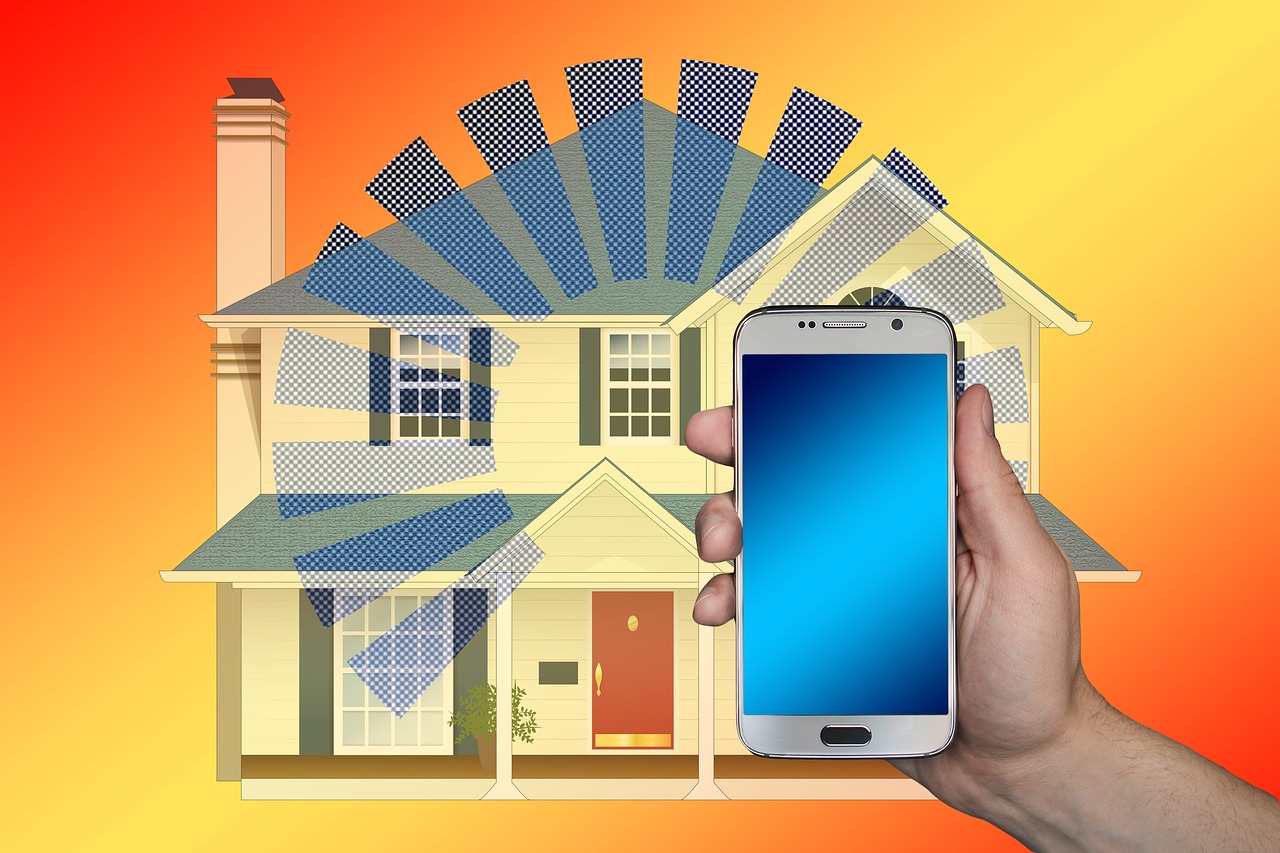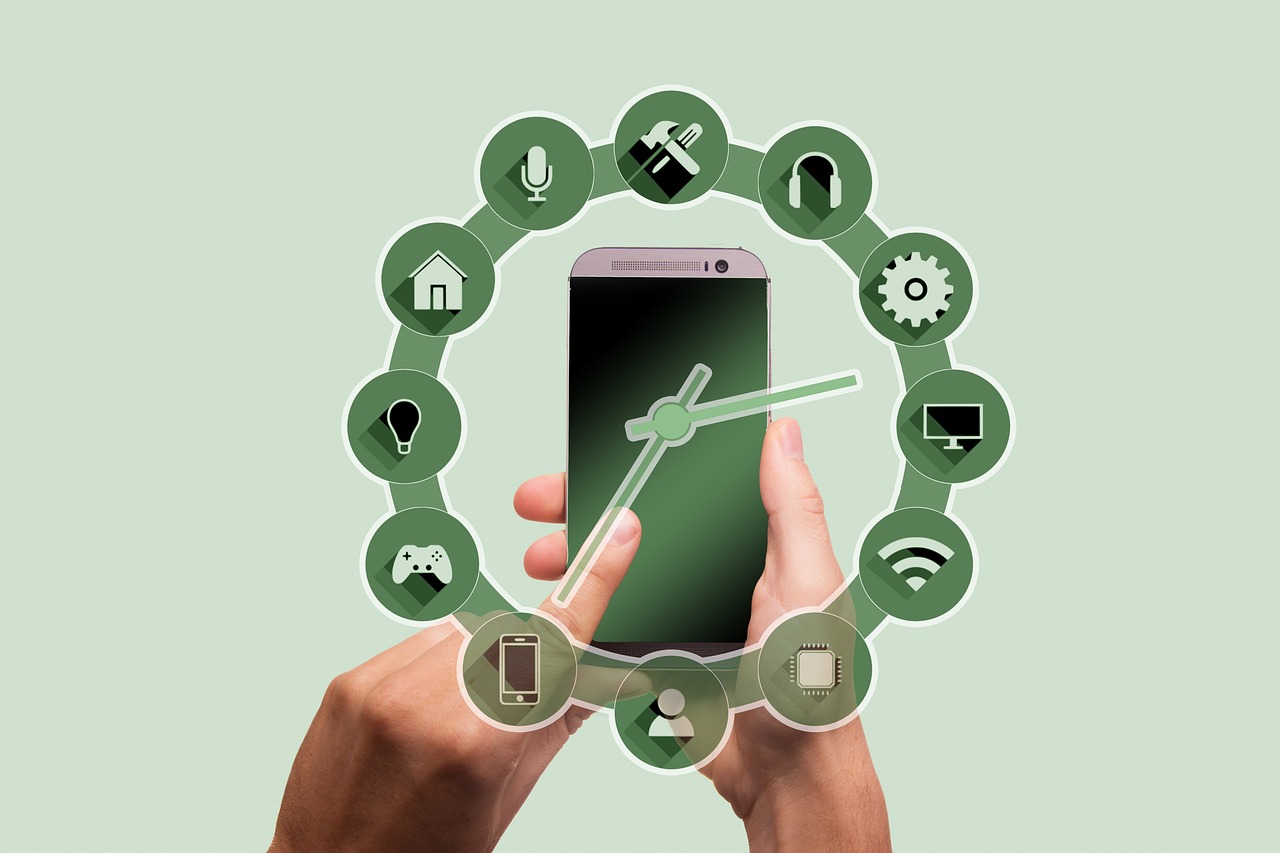This article explores how smart home devices enhance health and wellness. We will discuss their benefits, types, and future trends in the health tech landscape.
The Rise of Smart Home Health Devices
Smart home health devices have seen a significant rise in popularity, driven by the increasing demand for convenient health monitoring solutions. Factors such as the growing awareness of health issues, advancements in technology, and the desire for personalized health management are propelling their adoption.
Benefits of Smart Health Technology
- Real-Time Health Monitoring: Smart health devices provide instant feedback on various health metrics, enabling users to make informed health decisions.
- Personalized Insights: These devices analyze user data to offer tailored health recommendations.
- Improved Health Outcomes: Regular monitoring and insights can lead to better health management and outcomes.
Types of Smart Home Health Devices
- Wearable Health Tech: Devices like fitness trackers and smartwatches monitor physical activity and vital signs, promoting a healthier lifestyle.
- Home Health Sensors: Sensors for air quality, temperature, and humidity create a healthier living environment.
- Smart Scales: These devices provide insights into body composition, aiding in weight management.
- Smart Blood Pressure Monitors: These devices simplify blood pressure monitoring at home, essential for individuals with hypertension.
Future Trends in Smart Health Devices
The future of smart home health devices looks promising, with advancements in technology shaping new trends:
- AI and Machine Learning: Integration of AI will enhance the accuracy of predictions and recommendations.
- Telehealth and Remote Monitoring: Smart devices will facilitate remote patient monitoring, enhancing telehealth services.
Challenges and Considerations
While smart health devices offer numerous benefits, challenges such as data privacy and user compliance must be considered:
- Data Privacy: Protecting sensitive health information is crucial as smart devices collect extensive personal data.
- User Engagement: Strategies to enhance user compliance and regular use are essential for effectiveness.
Conclusion: Embracing the Future of Wellness
Smart home devices are revolutionizing health and wellness, making it easier for individuals to monitor and enhance their well-being. By embracing these technologies, we can look forward to a healthier future.

The Rise of Smart Home Health Devices
In recent years, smart home health devices have witnessed a remarkable surge in popularity, fundamentally transforming how individuals approach their health and wellness. These innovative gadgets empower users to monitor their health conveniently from the comfort of their homes, making health management more accessible than ever before. This section delves into the key factors driving the widespread adoption of these devices.
- Increased Health Awareness: With a growing emphasis on personal health, individuals are more motivated to track their fitness levels and overall well-being. Smart devices provide valuable insights that encourage proactive health management.
- Technological Advancements: The rapid evolution of technology has led to the development of sophisticated health monitoring devices. Features such as real-time data tracking, mobile app integration, and user-friendly interfaces make these devices attractive to consumers.
- Convenience and Accessibility: Smart home health devices are designed to be user-friendly and easily accessible. Many devices can be operated via smartphones or tablets, allowing users to check their health metrics anytime, anywhere.
- Cost-Effectiveness: Many smart health devices are more affordable than traditional medical monitoring methods. This cost efficiency makes it easier for individuals to invest in their health without breaking the bank.
- Community and Support: Many smart health devices come with built-in communities or support systems, fostering a sense of belonging and motivation among users. This social aspect encourages individuals to stay committed to their health goals.
As the demand for smart home health devices continues to grow, manufacturers are increasingly focused on enhancing user experience and functionality. The integration of advanced technologies such as artificial intelligence and machine learning is expected to further propel this trend, offering users more personalized health insights and recommendations.
In conclusion, the rise of smart home health devices is driven by a combination of technological advancements, increased health awareness, and the desire for convenience. As these devices become more integrated into daily life, they hold the potential to revolutionize the way we approach health and wellness.

Benefits of Smart Health Technology
In today’s fast-paced world, smart health technology has emerged as a game-changer in the way we monitor and manage our health. With the integration of advanced technology into everyday life, users can now experience a range of benefits that significantly enhance their health and wellness journey. Below, we explore the specific advantages that smart health devices offer.
- Real-Time Health Monitoring: Smart health devices provide users with the ability to track vital health metrics in real-time. This instant feedback allows individuals to make informed decisions about their health, whether it’s adjusting their exercise routine or managing their diet. For instance, a smart wearable can alert users if their heart rate exceeds a certain threshold, prompting them to take necessary actions.
- Personalized Health Insights: Utilizing data analytics, these devices can offer tailored recommendations based on individual health patterns. By analyzing trends over time, users receive personalized insights that empower them to take proactive steps toward improving their health. This can include customized workout plans or dietary suggestions based on their unique health data.
- Improved Health Outcomes: With consistent monitoring and personalized insights, users are more likely to achieve better health outcomes. Studies have shown that individuals using smart health technology often report lower blood pressure, improved weight management, and enhanced overall well-being. This is particularly beneficial for those managing chronic conditions.
- Enhanced Engagement: The interactive nature of smart health devices encourages users to engage more actively with their health. Many devices come with gamification features, turning health monitoring into a more enjoyable and motivating experience. This can lead to greater adherence to health goals and lifestyle changes.
- Convenience and Accessibility: Smart health devices are designed for ease of use, making health monitoring accessible to a broader audience. Whether it’s a smart scale or a blood pressure monitor, these devices can be used in the comfort of one’s home, eliminating the need for frequent doctor visits.
In conclusion, the benefits of smart health technology are profound, offering users a comprehensive approach to health management. As these devices continue to evolve, they promise to play an even more significant role in enhancing our well-being and quality of life.
Real-Time Health Monitoring
is revolutionizing how we approach our health and wellness. With the advent of smart health devices, individuals can now access a wealth of information about their health at their fingertips. These devices, ranging from fitness trackers to smartwatches, provide instant feedback on various health metrics, allowing users to make informed decisions about their lifestyle choices.
One of the most significant advantages of real-time health monitoring is its ability to promote awareness. Users can track their heart rate, physical activity, sleep patterns, and even blood pressure in real-time. This immediate access to data empowers individuals to understand their bodies better and recognize patterns that might require attention. For instance, if a fitness tracker alerts a user to an elevated heart rate during a workout, they can adjust their intensity accordingly, preventing potential health issues.
Moreover, real-time data can significantly influence behavioral changes. Studies have shown that individuals who regularly monitor their health metrics are more likely to engage in healthier behaviors. For example, seeing daily step counts can motivate users to increase their physical activity, while continuous monitoring of calorie intake can help in weight management. This feedback loop creates a dynamic where individuals are constantly encouraged to strive for better health outcomes.
In addition to personal motivation, real-time health monitoring facilitates better communication with healthcare providers. Patients can share their health data during appointments, allowing for more personalized care and timely interventions. This collaborative approach not only enhances patient engagement but also fosters a proactive stance towards health management.
As we look to the future, the integration of artificial intelligence and machine learning in real-time health monitoring will further enhance its capabilities. These technologies promise to provide even more accurate insights and predictive analytics, paving the way for a healthier society.
In conclusion, real-time health monitoring is a powerful tool that encourages healthier choices and promotes overall well-being. By leveraging the capabilities of smart health devices, individuals can take charge of their health like never before.
Wearable Health Tech
has emerged as a revolutionary tool in the realm of health and wellness. These devices, which include fitness trackers and smartwatches, are not just trendy accessories; they play a crucial role in enhancing our understanding of personal health. By continuously monitoring physical activity and vital signs, they empower users to make informed decisions about their lifestyle.
The integration of technology into our daily lives has made it easier than ever to track our health metrics. Wearable health tech can monitor various aspects of our health, including heart rate, sleep patterns, and even stress levels. This real-time data provides users with immediate feedback, allowing for quick adjustments to their routines. For instance, if a fitness tracker indicates that a user has been sedentary for too long, they can take a break to walk or stretch, promoting a more active lifestyle.
Moreover, these devices often come equipped with GPS tracking, enabling users to log their outdoor activities accurately. This feature not only helps in tracking progress but also serves as a motivational tool. Many wearables allow users to set fitness goals, and achieving these goals can lead to a sense of accomplishment, further encouraging a healthier lifestyle.
Another significant aspect of wearable health tech is its ability to provide personalized health insights. By analyzing collected data, these devices can offer tailored recommendations, such as optimal workout times, dietary suggestions, and reminders to stay hydrated. This level of personalization is invaluable in helping individuals take control of their health.
As we look towards the future, the potential for wearable health tech continues to grow. Innovations like integration with artificial intelligence and machine learning promise to enhance the capabilities of these devices, making them even more effective in predicting health trends and providing actionable insights.
In conclusion, the role of wearable health tech is pivotal in promoting a healthier lifestyle. By providing real-time monitoring, personalized insights, and motivational tools, these devices are transforming how we approach our health and well-being.
Home Health Sensors
In today’s fast-paced world, maintaining a healthy living environment is essential for overall well-being. play a pivotal role in achieving this goal by monitoring air quality, temperature, and humidity levels within our homes. These devices not only provide real-time data but also empower individuals to make informed decisions about their health and wellness.
One of the most significant benefits of home health sensors is their ability to monitor air quality. Poor air quality can lead to various health issues, including respiratory problems, allergies, and fatigue. By using sensors that detect pollutants, allergens, and even carbon dioxide levels, homeowners can take necessary actions to improve their indoor air quality. For instance, if a sensor indicates high levels of volatile organic compounds (VOCs), users can ventilate their spaces or use air purifiers to mitigate the issue.
Temperature and humidity control are equally important for a healthy home environment. High humidity levels can promote mold growth, while low humidity can lead to dry skin and respiratory discomfort. Home sensors that monitor these factors allow users to maintain optimal conditions, which can significantly enhance comfort and health. For example, a smart thermostat can adjust heating and cooling systems automatically based on real-time data, ensuring a stable and comfortable environment.
- Real-Time Monitoring: Continuous data collection helps identify potential health hazards instantly.
- Improved Decision Making: Users receive alerts and insights that guide them in maintaining a healthier home.
- Enhanced Comfort: By regulating temperature and humidity, these sensors contribute to a more pleasant living space.
In conclusion, for air quality, temperature, and humidity are invaluable tools for creating a healthier living environment. By investing in these technologies, individuals can take proactive steps towards improving their overall well-being and ensuring a comfortable home for themselves and their families.
Personalized Health Insights
have become a cornerstone of modern health management, especially with the advent of smart devices. These devices, equipped with advanced algorithms and data analytics capabilities, analyze individual health metrics to provide tailored recommendations that empower users to take control of their health journey.
By collecting data from various sources, such as wearable fitness trackers, smart scales, and health apps, these devices create a comprehensive profile of the user’s health. This data can include physical activity levels, sleep patterns, heart rate, and even dietary habits. With this information, users receive personalized insights that can guide them toward healthier lifestyle choices.
- Enhanced Decision-Making: Users can make informed decisions based on real-time feedback. For example, if a fitness tracker indicates insufficient physical activity, the user may decide to take a walk or engage in a workout session.
- Goal Setting: Personalized insights allow users to set achievable health goals. Whether it’s losing weight, improving cardiovascular health, or increasing daily steps, smart devices help users track their progress.
- Proactive Health Management: By understanding their health data, users can identify potential health issues early. For instance, a consistent spike in blood pressure readings can prompt a visit to a healthcare provider.
Moreover, the integration of artificial intelligence in these devices enhances their ability to learn and adapt to the user’s unique health patterns. As users continue to interact with their devices, the insights become increasingly refined and relevant. This adaptability fosters a sense of ownership over one’s health, encouraging users to engage more actively in their wellness journey.
In conclusion, derived from smart devices not only facilitate better health management but also empower users to take charge of their well-being. As technology continues to evolve, the potential for even more tailored health recommendations is on the horizon, promising a future where individuals can achieve their health goals with greater ease and effectiveness.
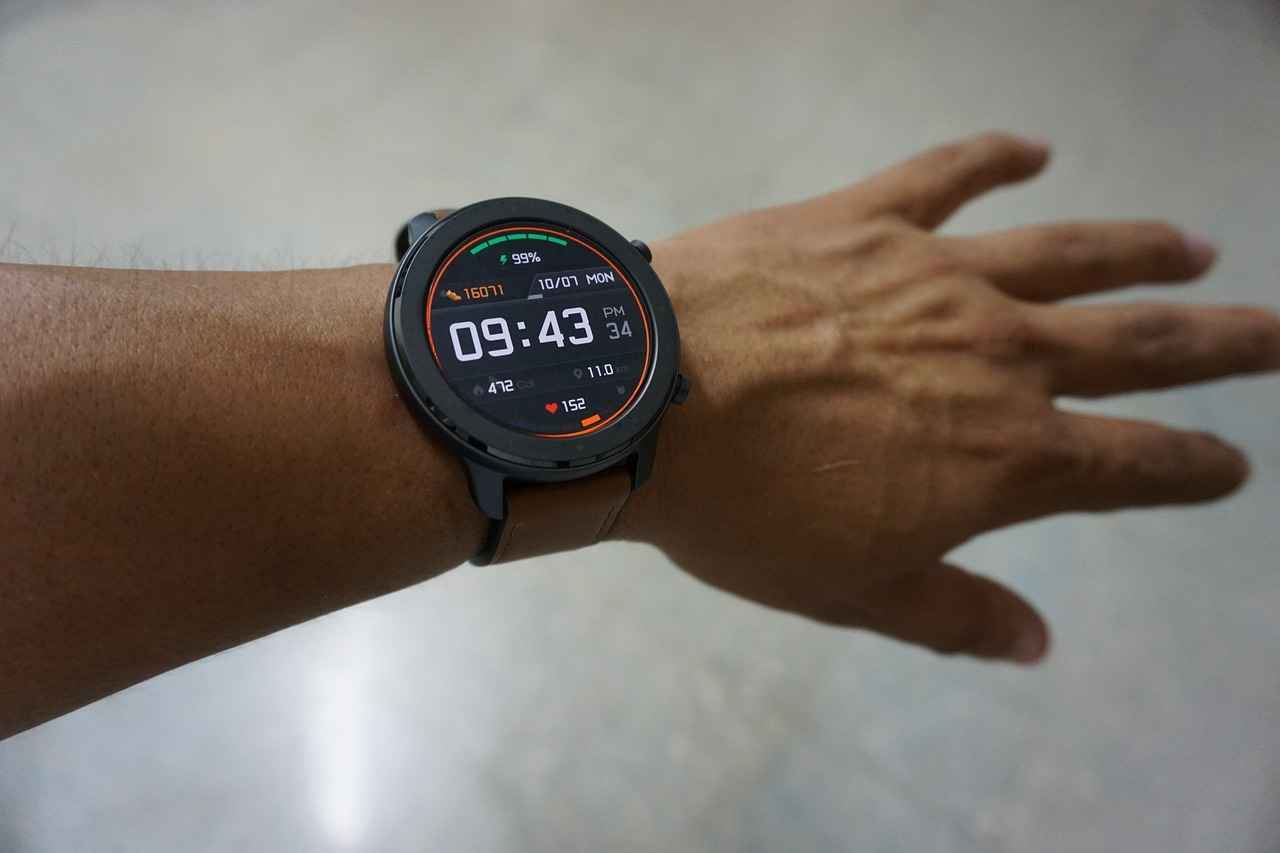
Types of Smart Home Health Devices
In today’s fast-paced world, smart home health devices have emerged as essential tools for individuals seeking to improve their overall wellness. These devices cater to various health needs, offering unique functionalities that promote better living. Below, we categorize these devices and highlight their specific roles in enhancing health and wellness.
- Wearable Health Trackers
Wearable devices, such as fitness trackers and smartwatches, have revolutionized personal health monitoring. They provide users with real-time data on physical activity, heart rate, and sleep patterns. By analyzing this information, users can make informed decisions to enhance their fitness journeys.
- Smart Blood Pressure Monitors
These devices allow users to track their blood pressure from the comfort of their homes. Smart blood pressure monitors often sync with mobile applications, providing insights and historical data that can be shared with healthcare providers. This is particularly beneficial for individuals managing hypertension.
- Smart Scales
More than just measuring weight, smart scales offer comprehensive body composition analysis, including metrics like body fat percentage and muscle mass. They help users set realistic weight management goals by providing a holistic view of their health.
- Home Health Sensors
Devices that monitor air quality, temperature, and humidity contribute significantly to a healthy living environment. These sensors alert users to potential hazards, ensuring that their homes remain conducive to good health.
- Smart Thermometers
Smart thermometers provide accurate temperature readings and can track fever patterns over time. Many models integrate with apps to help users monitor their health and share data with healthcare professionals when necessary.
- Medication Management Devices
These devices remind users to take their medications on time and can track adherence. Some advanced models even notify caregivers if a dose is missed, ensuring that individuals stay on track with their treatment plans.
As technology continues to advance, the variety and functionality of smart home health devices will expand, offering even more comprehensive solutions for personal wellness.
Smart Scales and Body Composition Monitors
have revolutionized the way individuals approach their health and wellness journeys. These innovative devices go beyond simply tracking weight; they provide a comprehensive analysis of body composition, including metrics such as body fat percentage, muscle mass, and water weight. This detailed information can be instrumental for anyone looking to manage their weight effectively and maintain a balanced lifestyle.
Understanding body composition is crucial for achieving fitness goals. While traditional scales only measure weight, smart scales utilize advanced technology to offer a more nuanced view of one’s health. By analyzing various parameters, users can gain insights into their overall fitness and make informed decisions regarding their diet and exercise routines.
How Do Smart Scales Work?
- Smart scales typically use BIA (Bioelectrical Impedance Analysis) technology to estimate body composition.
- Users stand on the scale, which sends a small electrical current through the body to measure resistance and calculate different metrics.
- The data is then transmitted to a connected app on your smartphone, providing real-time insights and trends.
The Benefits of Using Smart Scales
- Comprehensive Health Insights: Users can track changes in body composition over time, allowing for a more effective weight management strategy.
- Goal Setting: With detailed metrics, individuals can set realistic and achievable fitness goals tailored to their body composition.
- Motivation: Seeing progress in various aspects of health can be a significant motivational factor in maintaining a healthy lifestyle.
Incorporating smart scales into your health routine can lead to better awareness and understanding of your body. By leveraging the insights provided, users can make more informed choices about their nutrition and exercise, ultimately paving the way for a healthier lifestyle.
Conclusion: As the fitness landscape continues to evolve, smart scales and body composition monitors are becoming essential tools for anyone serious about their health. By providing a deeper understanding of body metrics, these devices empower users to take control of their wellness journey.
Smart Blood Pressure Monitors
have revolutionized the way individuals manage their cardiovascular health, particularly for those living with hypertension. These innovative devices enable users to monitor their blood pressure conveniently from the comfort of their own homes, providing an essential tool for effective health management.
With the increasing prevalence of hypertension, the importance of regular monitoring cannot be overstated. High blood pressure often presents no symptoms, making it crucial for individuals to take proactive measures. Smart blood pressure monitors offer a user-friendly solution, allowing users to track their readings in real-time. This immediate access to data empowers individuals to make informed decisions regarding their health.
| Feature | Benefit |
|---|---|
| Real-Time Monitoring | Users receive instant feedback on their blood pressure levels, allowing for timely interventions. |
| Data Storage | Many devices store historical data, enabling users to track trends over time and share results with healthcare providers. |
| Mobile App Integration | Some monitors sync with mobile applications, providing personalized insights and reminders for medication. |
Moreover, these devices often come equipped with features such as Bluetooth connectivity and cloud storage, which facilitate easy sharing of health data with healthcare professionals. This capability is particularly beneficial for those requiring regular check-ups or adjustments to their treatment plans.
- Ease of Use: Most smart blood pressure monitors are designed for simplicity, making them accessible to all age groups.
- Affordability: With a variety of options available, users can find devices that fit their budget without compromising quality.
- Portability: Many models are compact and lightweight, making them easy to carry for on-the-go monitoring.
In conclusion, are essential tools for individuals with hypertension, offering convenience, accuracy, and valuable health insights. By embracing these technologies, users can take charge of their health and work towards better outcomes.

Future Trends in Smart Health Devices
The future of smart home health devices is not just an exciting prospect; it represents a significant shift in how we approach health management and wellness. With the rapid advancement of technology, we are witnessing the emergence of innovative devices that will redefine health monitoring. This section explores anticipated developments that promise to revolutionize the landscape of health tech.
- Enhanced Connectivity: The integration of Internet of Things (IoT) technology will lead to greater connectivity among devices. This interconnectedness allows for seamless communication, enabling users to track their health metrics in real-time across multiple platforms.
- Smart Home Integration: Future devices will likely integrate more thoroughly with existing smart home systems. Imagine a scenario where your smart thermostat adjusts based on your health data, or your smart fridge suggests meals based on your dietary needs.
- AI and Predictive Analytics: The incorporation of artificial intelligence will enable devices to analyze health trends and provide predictive insights. This means that rather than merely reacting to health changes, users will receive proactive recommendations tailored to their unique health profiles.
- Telehealth Integration: As telehealth continues to gain traction, smart health devices will play a crucial role in remote patient monitoring. This will allow healthcare professionals to access real-time data, facilitating timely interventions and personalized care plans.
- Wearable Technology Evolution: Wearables will become more sophisticated, offering advanced features such as continuous glucose monitoring and mental health tracking. These devices will empower users to take control of their health in unprecedented ways.
In conclusion, the future of smart home health devices is not just about convenience; it is about creating a comprehensive ecosystem that promotes better health outcomes. As technology continues to evolve, we can expect these devices to become more intuitive, integrated, and effective in supporting our wellness journeys.
Integration with AI and Machine Learning
is revolutionizing the landscape of smart health devices, paving the way for enhanced accuracy and personalized care. As technology continues to evolve, the incorporation of artificial intelligence (AI) and machine learning into health tech is not just a trend; it is becoming a necessity in providing better health outcomes.
AI algorithms analyze vast amounts of health data, allowing smart devices to make more accurate predictions regarding an individual’s health status. For instance, AI-driven wearables can detect irregularities in heart rates or activity patterns, alerting users to potential health issues before they escalate. This proactive approach empowers users to take charge of their health in real-time.
Furthermore, machine learning algorithms improve over time, adapting to each user’s unique health patterns. This means that the recommendations provided by smart devices become increasingly tailored and relevant. For example, a smart fitness tracker might suggest personalized workout plans based on the user’s past activities and fitness goals, making health management more effective and engaging.
Another significant advantage of integrating AI into health devices is the capability for remote patient monitoring. Healthcare providers can utilize AI to monitor patients’ vitals and health metrics from afar, significantly enhancing the efficiency of telehealth services. This integration not only facilitates timely interventions but also reduces the need for frequent hospital visits, making healthcare more accessible.
However, the integration of AI and machine learning in health tech also raises important questions regarding data privacy and security. As these devices collect sensitive health information, ensuring the protection of this data is paramount. Users must be informed about how their data is used and the measures in place to safeguard their privacy.
In conclusion, the integration of AI and machine learning into smart health devices is set to transform the healthcare landscape significantly. By offering personalized insights and enhancing monitoring capabilities, these technologies are not just improving individual health outcomes but also reshaping the future of wellness.
Telehealth and Remote Patient Monitoring
The integration of telehealth services with smart devices has revolutionized the way healthcare is delivered, particularly in the realm of remote patient monitoring. This synergy not only enhances patient care but also empowers individuals to take charge of their health from the comfort of their homes.
As technology continues to evolve, telehealth has become increasingly accessible, allowing patients to connect with healthcare providers through video calls, mobile apps, and various digital platforms. The rise of smart home technology complements this by providing real-time data collection and monitoring capabilities.
- Convenience: Patients can receive medical advice without the need to travel, saving time and reducing the burden on healthcare facilities.
- Continuous Monitoring: Smart devices such as wearables and home health sensors can track vital signs and health metrics continuously, enabling proactive healthcare interventions.
- Data Sharing: Patients can easily share their health data with doctors, allowing for more accurate diagnoses and personalized treatment plans.
Moreover, the use of smart devices for remote monitoring has shown to improve patient engagement. When individuals have access to their health metrics, they are more likely to adhere to treatment plans and make healthier lifestyle choices. This leads to better health outcomes and a reduction in hospital visits.
However, the integration of telehealth and smart technology is not without challenges. Issues such as data privacy and security must be addressed to ensure that sensitive health information remains protected. Additionally, ensuring that patients are comfortable using these technologies is crucial for their success.
In conclusion, the synergy between telehealth services and smart home technology is paving the way for a more efficient and patient-centered healthcare system. As we continue to embrace these advancements, the future of wellness looks promising, with the potential for improved health outcomes and enhanced patient experiences.

Challenges and Considerations
As the adoption of smart health devices continues to rise, it is crucial to address the challenges and considerations that accompany their use. While these devices offer significant benefits, they also raise important issues that can impact user experience and overall effectiveness.
- Data Privacy and Security: One of the foremost concerns regarding smart health devices is data privacy. These devices often collect sensitive health information, including personal health metrics and lifestyle habits. Users must be aware of how their data is stored, shared, and protected. Implementing robust security measures, such as encryption and secure access protocols, is essential to safeguard personal information from unauthorized access.
- User Compliance and Engagement: For smart health devices to yield the desired health outcomes, user compliance is vital. Many users may struggle with consistent usage due to a lack of understanding of the device’s features or its benefits. To enhance engagement, manufacturers can offer user-friendly interfaces, educational resources, and motivational tools that encourage regular interaction with the device.
- Technological Barriers: Not all users are tech-savvy, and some may find it challenging to navigate the functionalities of smart health devices. This technological barrier can lead to frustration and decreased usage. Providing comprehensive tutorials and customer support can help bridge this gap, making devices more accessible to a wider audience.
- Integration with Existing Health Systems: A seamless integration of smart health devices with existing healthcare systems is crucial for maximizing their effectiveness. Challenges may arise when attempting to share data with healthcare providers or when devices are not compatible with other health monitoring systems. Collaborations between tech developers and healthcare professionals can facilitate smoother integrations.
In conclusion, while smart health devices hold immense potential to transform personal health management, addressing these challenges is essential for fostering user trust and ensuring widespread adoption. By prioritizing data security, enhancing user engagement, overcoming technological barriers, and ensuring smooth integration with healthcare systems, we can pave the way for a healthier future.
Data Privacy and Security
In today’s digital age, the integration of smart health devices into our daily lives has become increasingly prevalent. However, with this convenience comes a significant responsibility to protect sensitive health information. As these devices collect data ranging from heart rates to sleep patterns, ensuring data privacy is paramount.
To safeguard your personal information, consider the following measures:
- Choose Trusted Brands: Opt for devices from reputable manufacturers known for their commitment to data security. Research their privacy policies and user reviews to ensure they prioritize your information.
- Enable Two-Factor Authentication: Whenever possible, activate two-factor authentication (2FA) on your smart health devices and associated apps. This adds an extra layer of security, making unauthorized access more difficult.
- Regularly Update Software: Keep your devices and apps updated to the latest versions. Manufacturers often release updates that fix security vulnerabilities, protecting your data from potential breaches.
- Limit Data Sharing: Be cautious about the information you share with apps and third-party services. Only provide necessary data and review privacy settings to control what is shared.
- Use Strong Passwords: Create complex and unique passwords for your accounts associated with smart health devices. Consider using a password manager to help maintain strong security.
Furthermore, understanding how your data is used is essential. Most smart health devices collect data to provide personalized insights, but this information can also be vulnerable to unauthorized access if not properly secured. Always read the terms and conditions to understand how your data will be utilized and stored.
In conclusion, while smart health devices offer incredible benefits for monitoring and improving health, taking proactive steps to protect your data privacy is crucial. By implementing these practices, you can enjoy the advantages of technology while safeguarding your personal information.
User Compliance and Engagement
is a critical aspect of maximizing the effectiveness of smart health devices. For these devices to truly enhance health and wellness, it is essential that users not only adopt them but also engage with them consistently. This section delves into several strategies that can be employed to boost user compliance and encourage regular use.
- Education and Awareness: Users must understand the benefits of their smart health devices. Providing clear, concise information about how these devices work and the advantages they offer can significantly increase user engagement. Educational resources such as tutorials, webinars, and user guides can help users feel more confident in utilizing their devices.
- Gamification: Incorporating game-like elements into health monitoring can motivate users to engage more regularly. Features such as challenges, rewards, and progress tracking can make the experience enjoyable and encourage users to stick to their health goals.
- Personalization: Tailoring the device experience to individual user preferences can enhance engagement. By allowing users to customize their settings, notifications, and health goals, they are more likely to feel a sense of ownership and commitment to using the device.
- Community Support: Building a community around smart health devices can foster accountability and motivation. Users can share their experiences, challenges, and successes, creating a supportive environment that encourages regular use.
- Regular Feedback: Providing users with timely feedback on their health metrics can reinforce positive behavior. Smart devices that offer insights into progress and areas for improvement can motivate users to engage continuously with their health data.
By implementing these strategies, manufacturers and developers can significantly enhance user compliance and engagement with smart health devices. As a result, users will be more likely to integrate these technologies into their daily routines, leading to improved health outcomes.
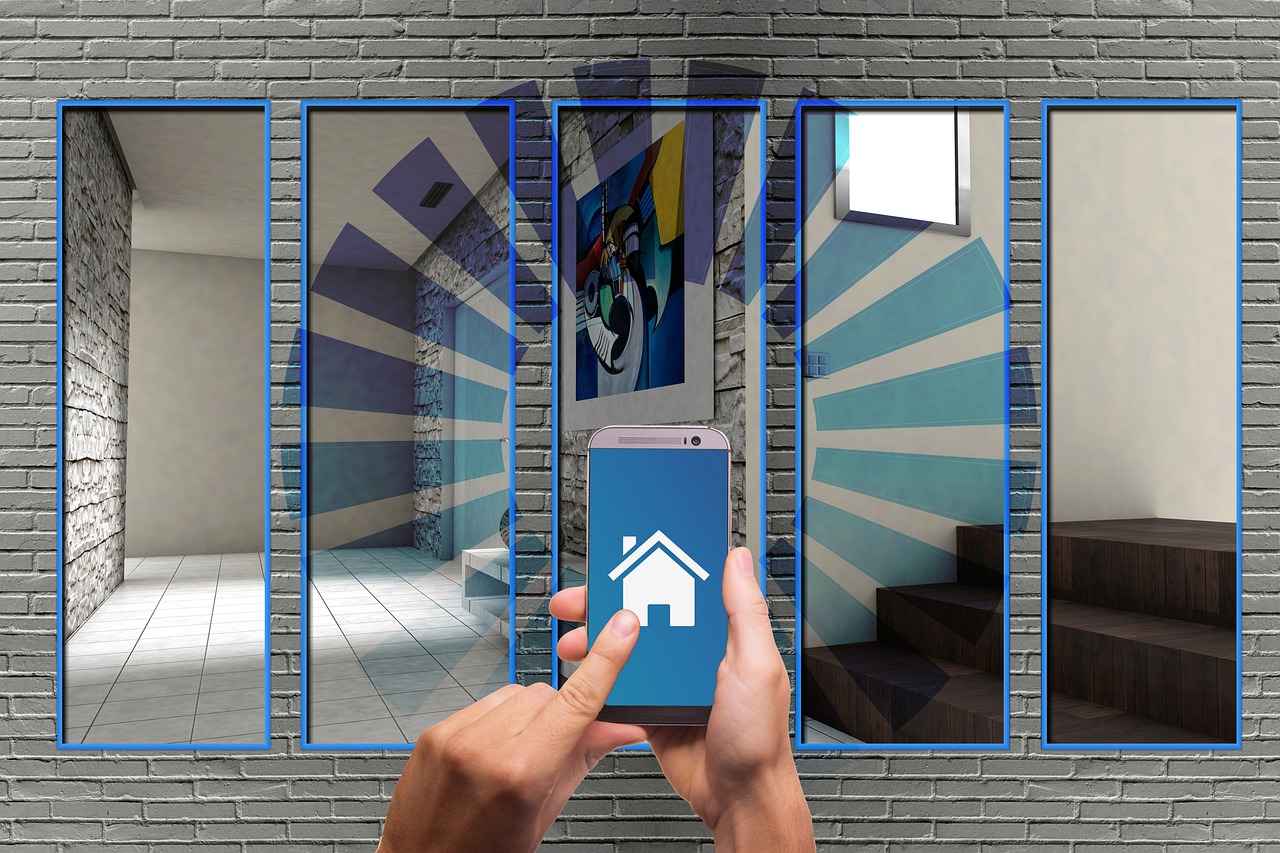
Conclusion: Embracing the Future of Wellness
Smart home devices are revolutionizing the way we approach health and wellness, offering innovative solutions that empower individuals to monitor and enhance their well-being with ease. The integration of technology into our daily lives has led to a significant transformation in how we manage our health, making it more accessible and personalized than ever before.
As we delve deeper into this topic, it’s essential to understand the benefits and types of smart home health devices that are available today. These devices not only provide real-time data but also offer personalized insights that can lead to better health outcomes. By embracing these technologies, individuals can take proactive steps toward a healthier future.
In recent years, the popularity of smart home health devices has soared. Factors such as increasing health awareness, the convenience of technology, and the desire for personalized health management are driving their adoption. Many consumers are now looking for ways to integrate health monitoring into their daily routines, making these devices an essential part of modern living.
- Real-Time Health Monitoring: Instant feedback on health metrics allows users to make informed decisions about their lifestyle.
- Personalized Health Insights: Data analysis provides tailored recommendations, empowering users to take control of their health.
- Improved Health Outcomes: Consistent use of these devices can lead to better management of chronic conditions and overall wellness.
Various smart home health devices cater to different wellness needs:
- Smart Scales: These devices measure weight and provide insights into body composition, aiding in weight management.
- Smart Blood Pressure Monitors: They allow users to monitor their blood pressure conveniently at home, crucial for those with hypertension.
- Wearable Fitness Trackers: Devices like smartwatches track physical activity, heart rate, and sleep patterns, promoting a healthier lifestyle.
The future of smart home health devices looks promising, with advancements in technology paving the way for innovative solutions:
- Integration with AI: Artificial intelligence will enhance device capabilities, leading to more accurate health predictions.
- Telehealth Integration: The synergy between smart devices and telehealth services will facilitate remote patient monitoring, improving access to healthcare.
While the benefits are substantial, challenges such as data privacy and user compliance must be addressed. Ensuring data security is crucial as sensitive health information is collected. Additionally, maintaining user engagement is essential for the effectiveness of these devices.
In conclusion, smart home devices are not just a trend; they represent a significant shift in how we approach health and wellness. By integrating these technologies into our lives, we can enhance our ability to monitor and improve our well-being. The potential for a healthier future is within reach, and embracing these innovations can lead us there.
Frequently Asked Questions
- What are smart home health devices?
Smart home health devices are innovative gadgets designed to monitor and improve your health from the comfort of your home. They include wearables like fitness trackers, smart scales, and home sensors that provide real-time data and insights about your well-being.
- How do smart health devices benefit me?
These devices offer numerous benefits, such as real-time health monitoring, personalized insights, and improved health outcomes. They empower you to make informed decisions about your health by providing instant feedback on various metrics.
- Are smart health devices safe to use?
While generally safe, it’s essential to consider data privacy and security. Ensure that the devices you choose have robust security measures in place to protect your sensitive health information.
- Can I use smart health devices for remote patient monitoring?
Absolutely! Many smart health devices integrate with telehealth services, allowing healthcare providers to monitor your health remotely, ensuring you receive timely care without frequent visits to the clinic.
- What should I consider before purchasing a smart health device?
Before buying, think about your specific health needs, the device’s compatibility with other systems, data privacy features, and user engagement strategies to ensure you make the most out of your investment.
